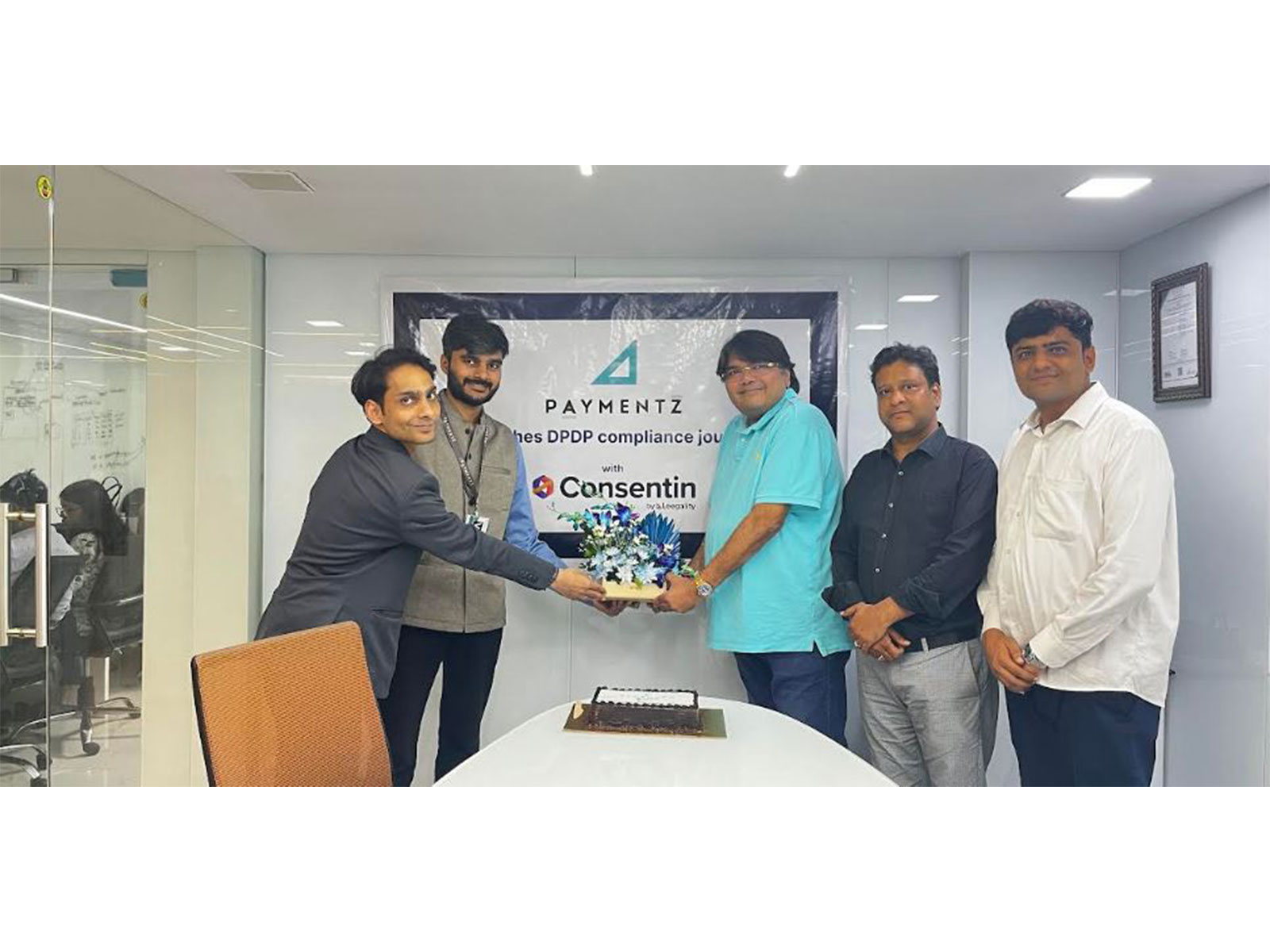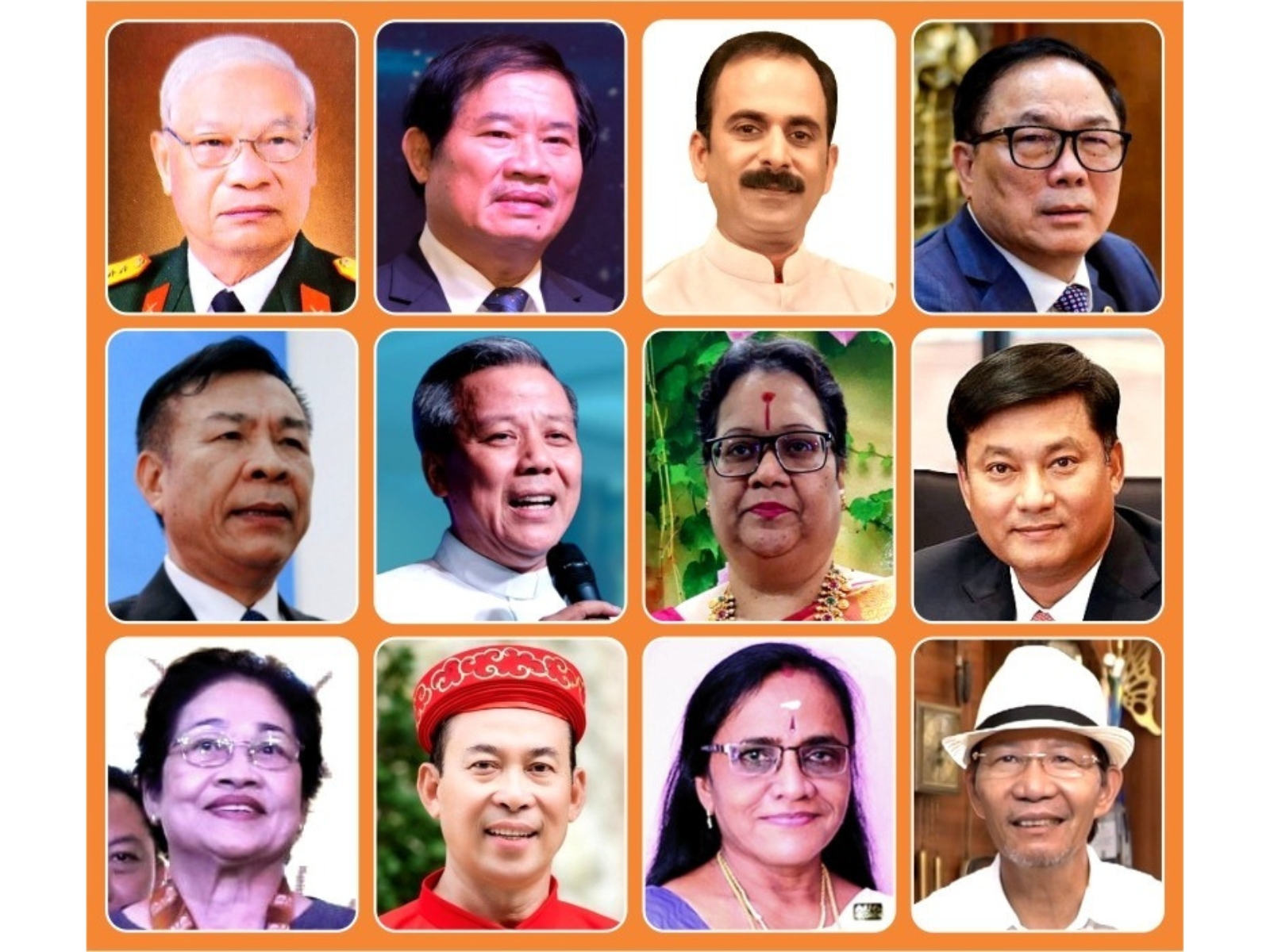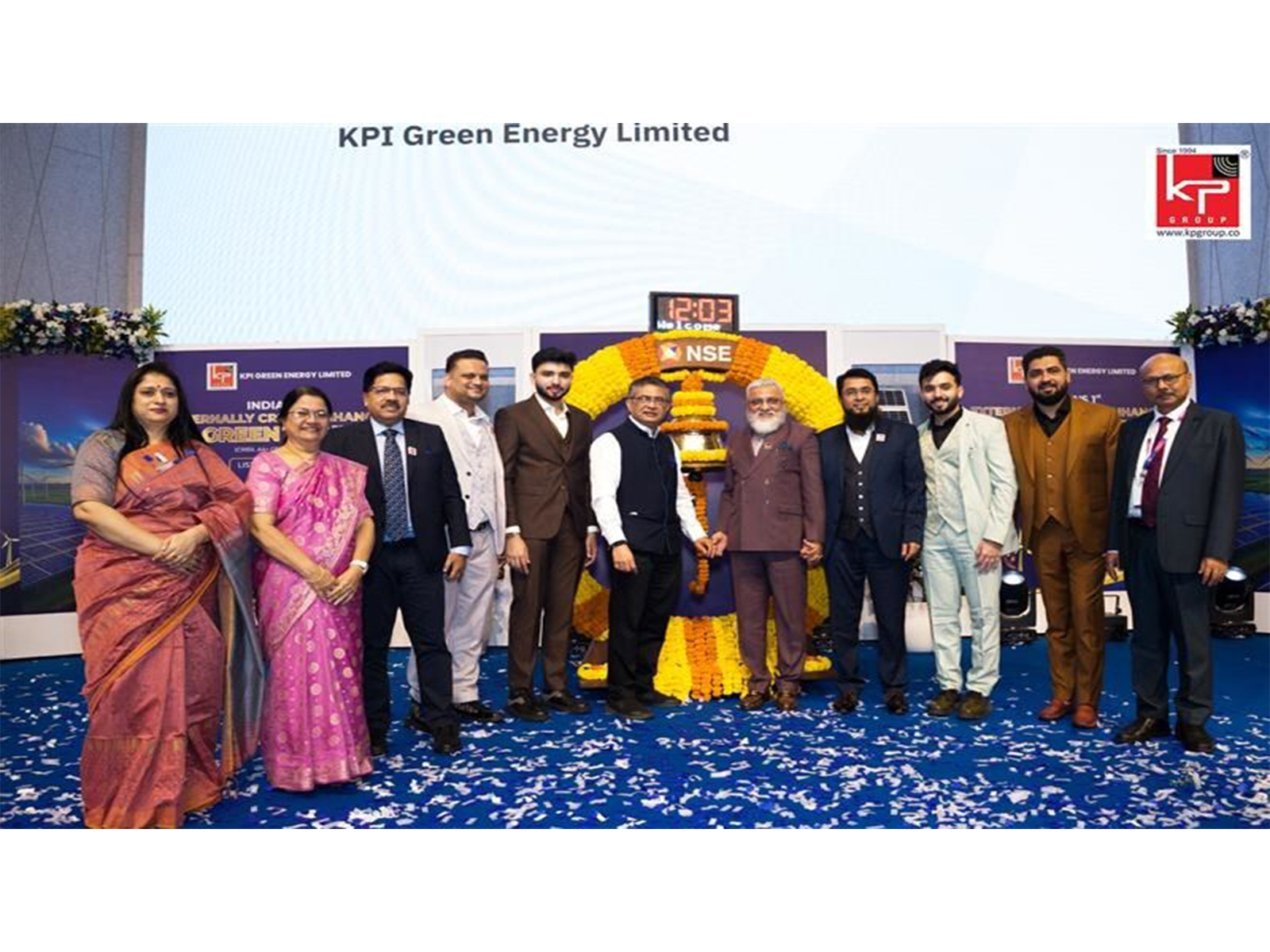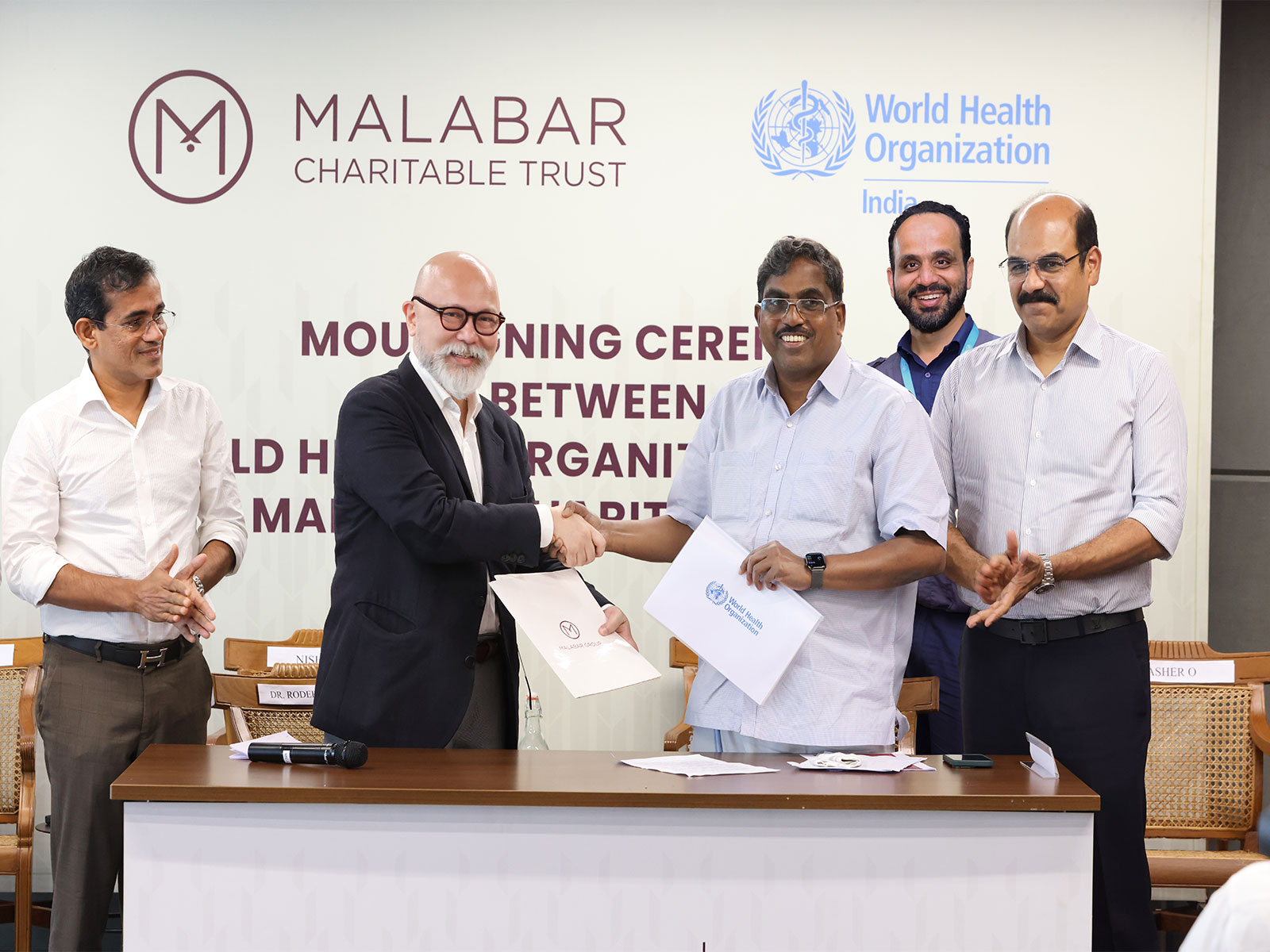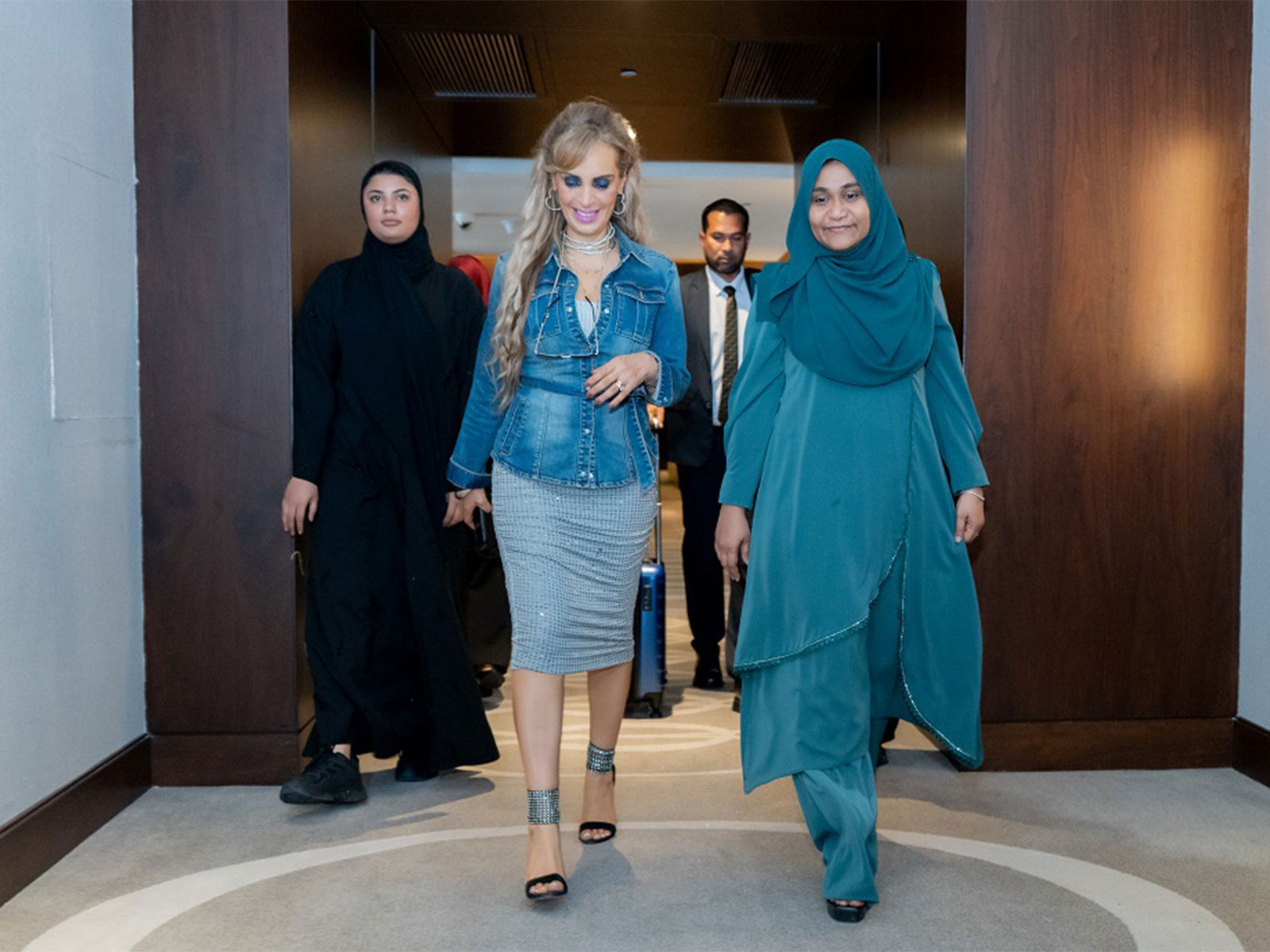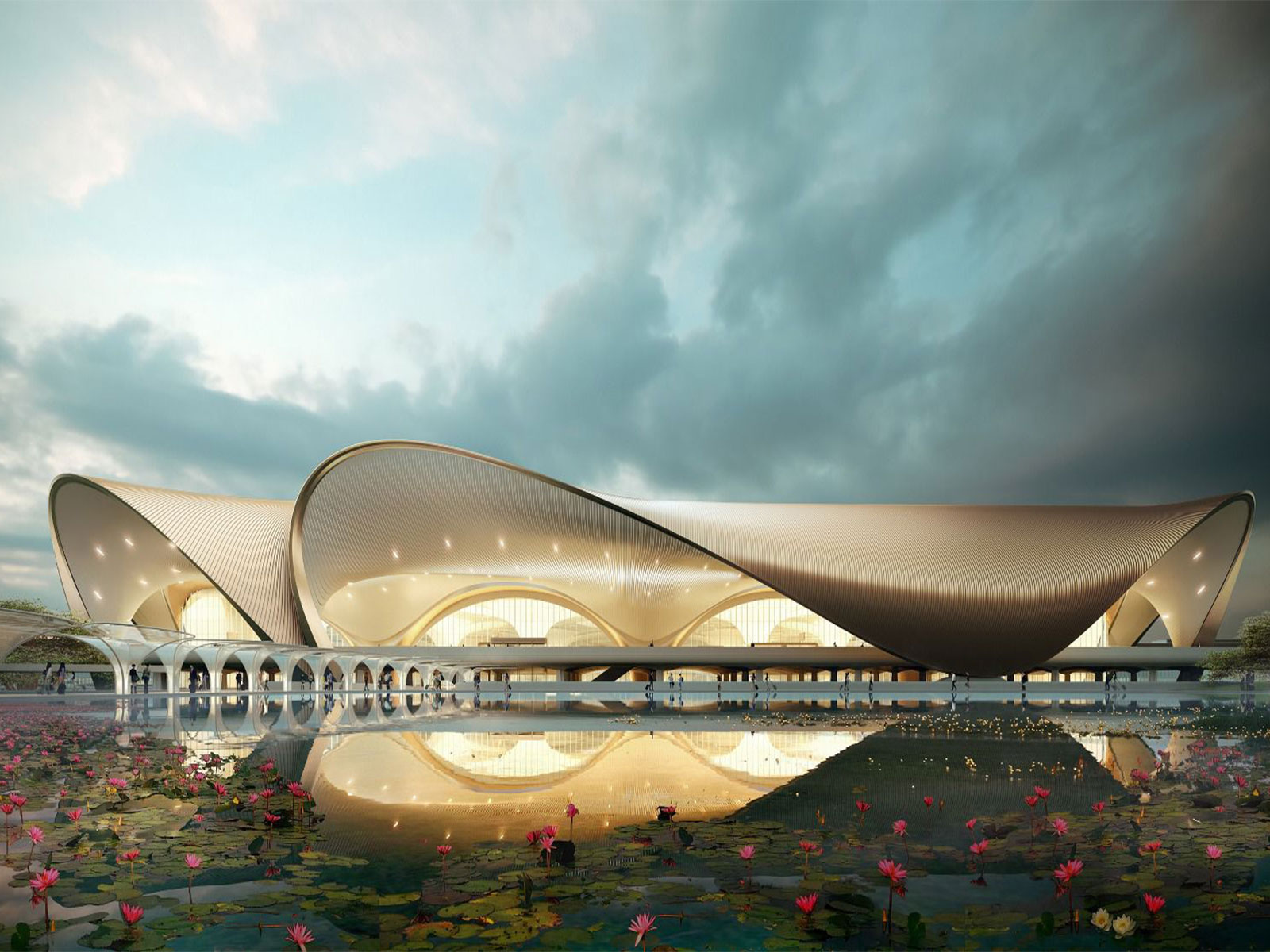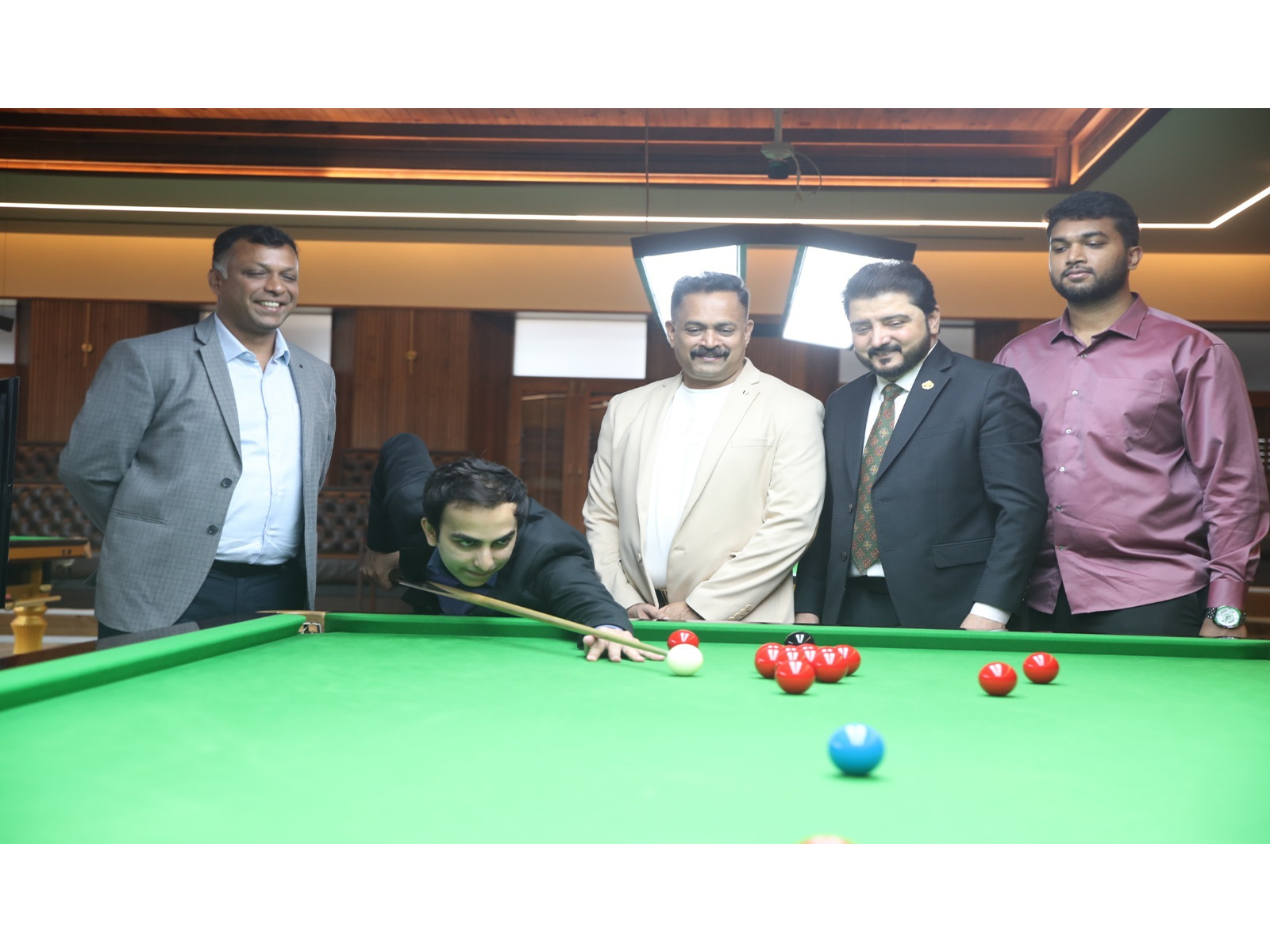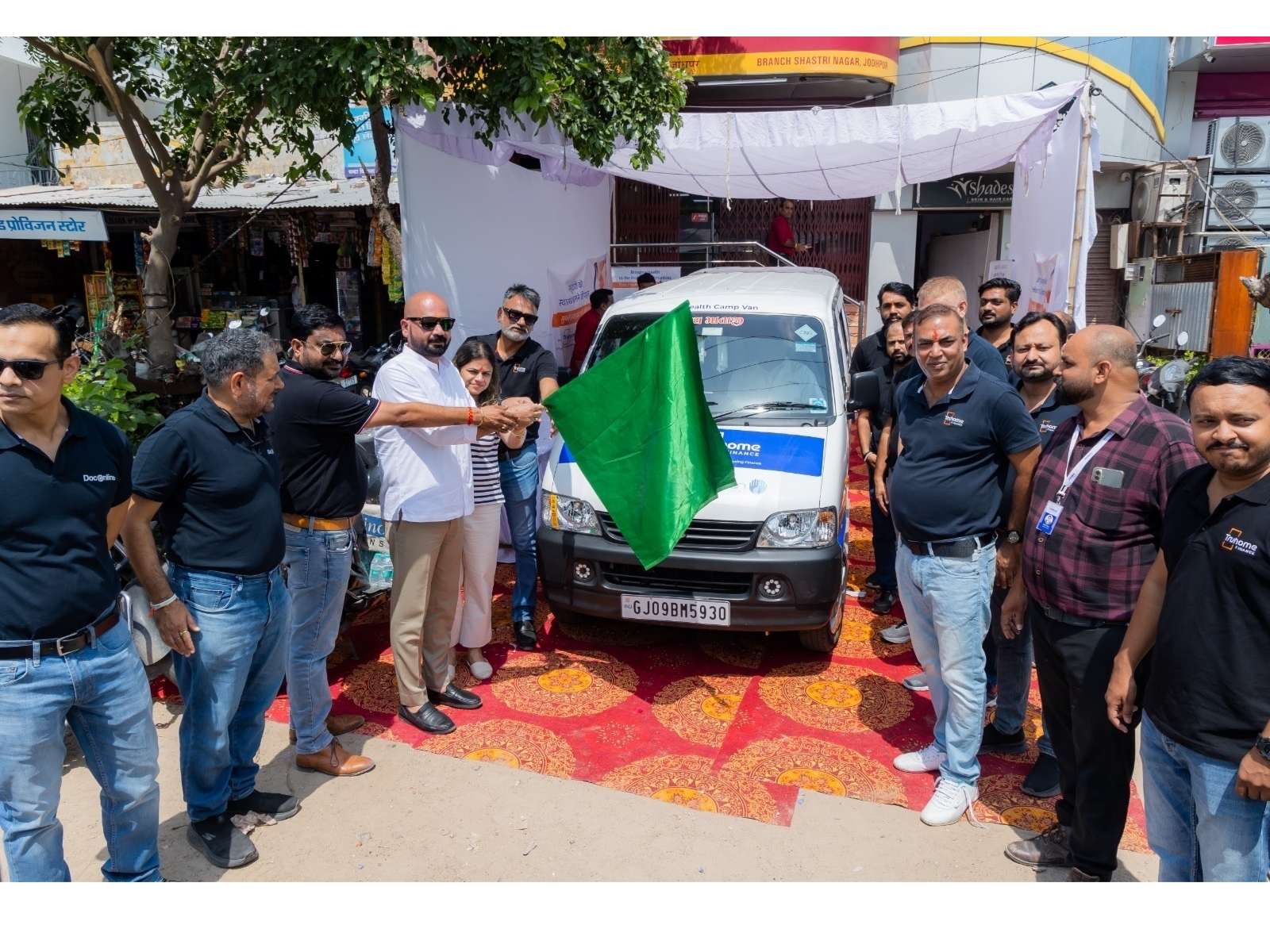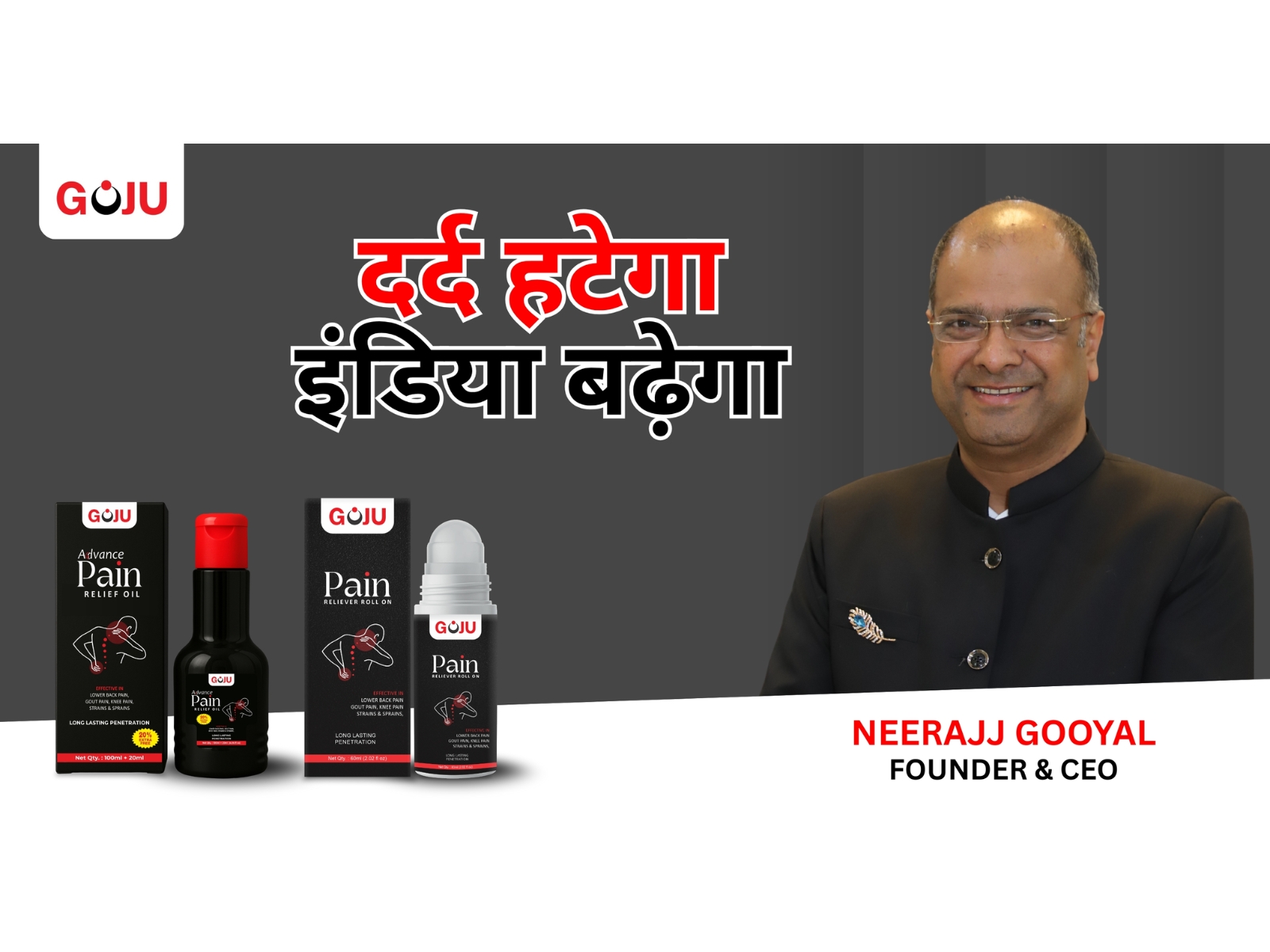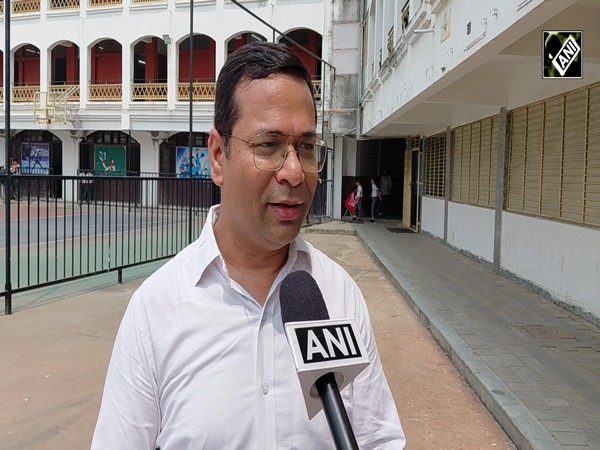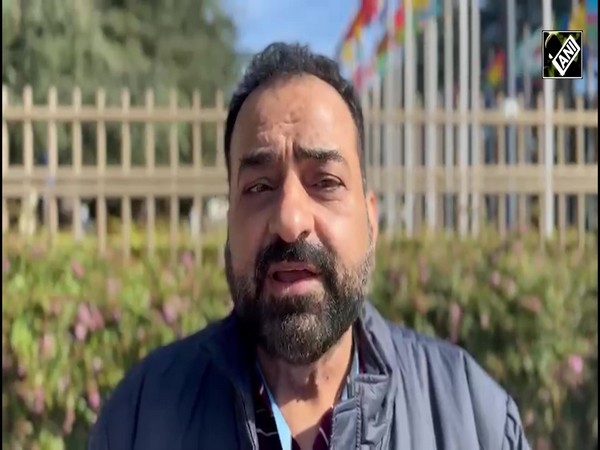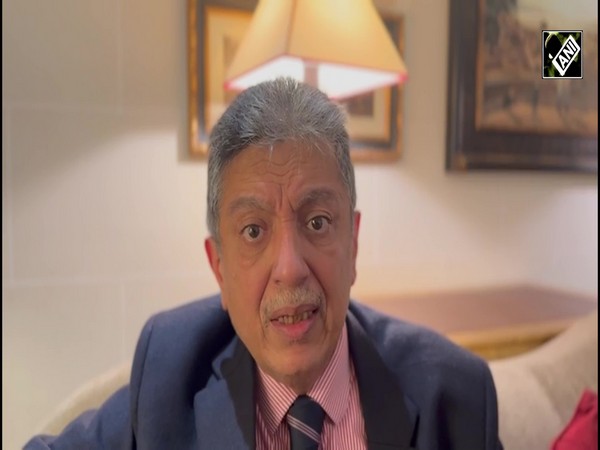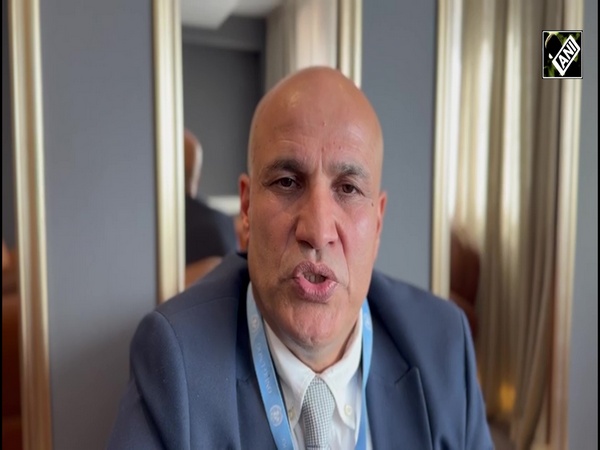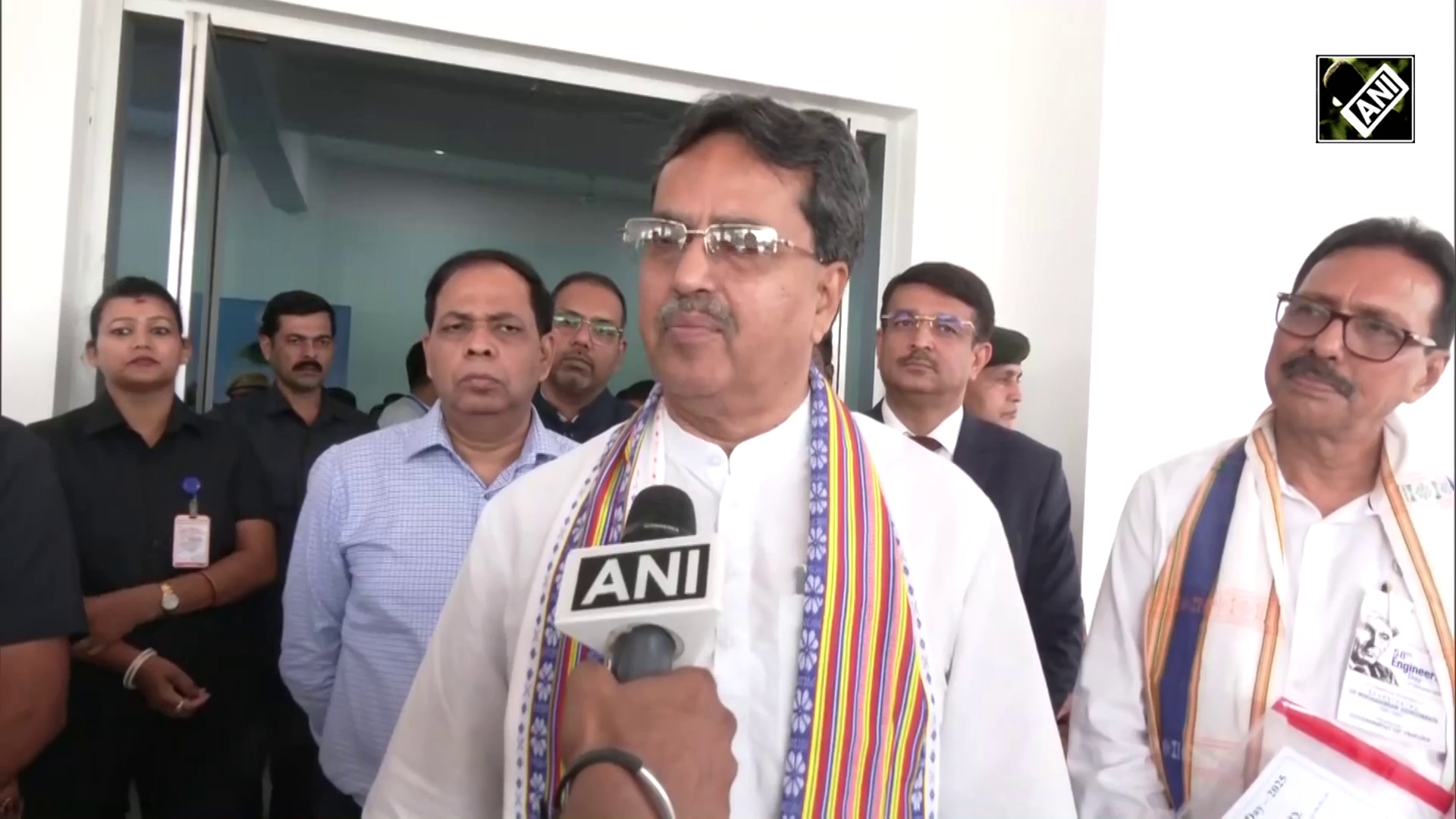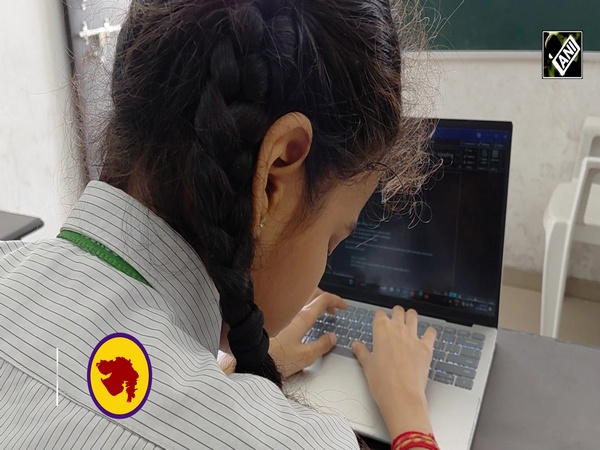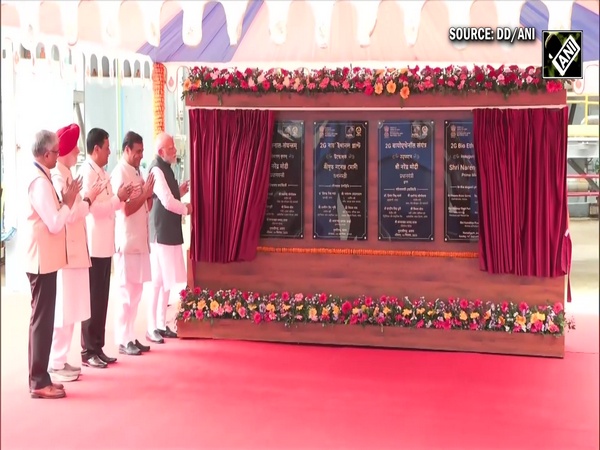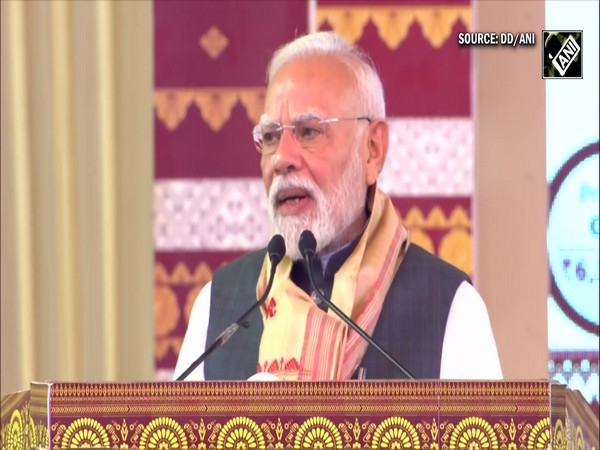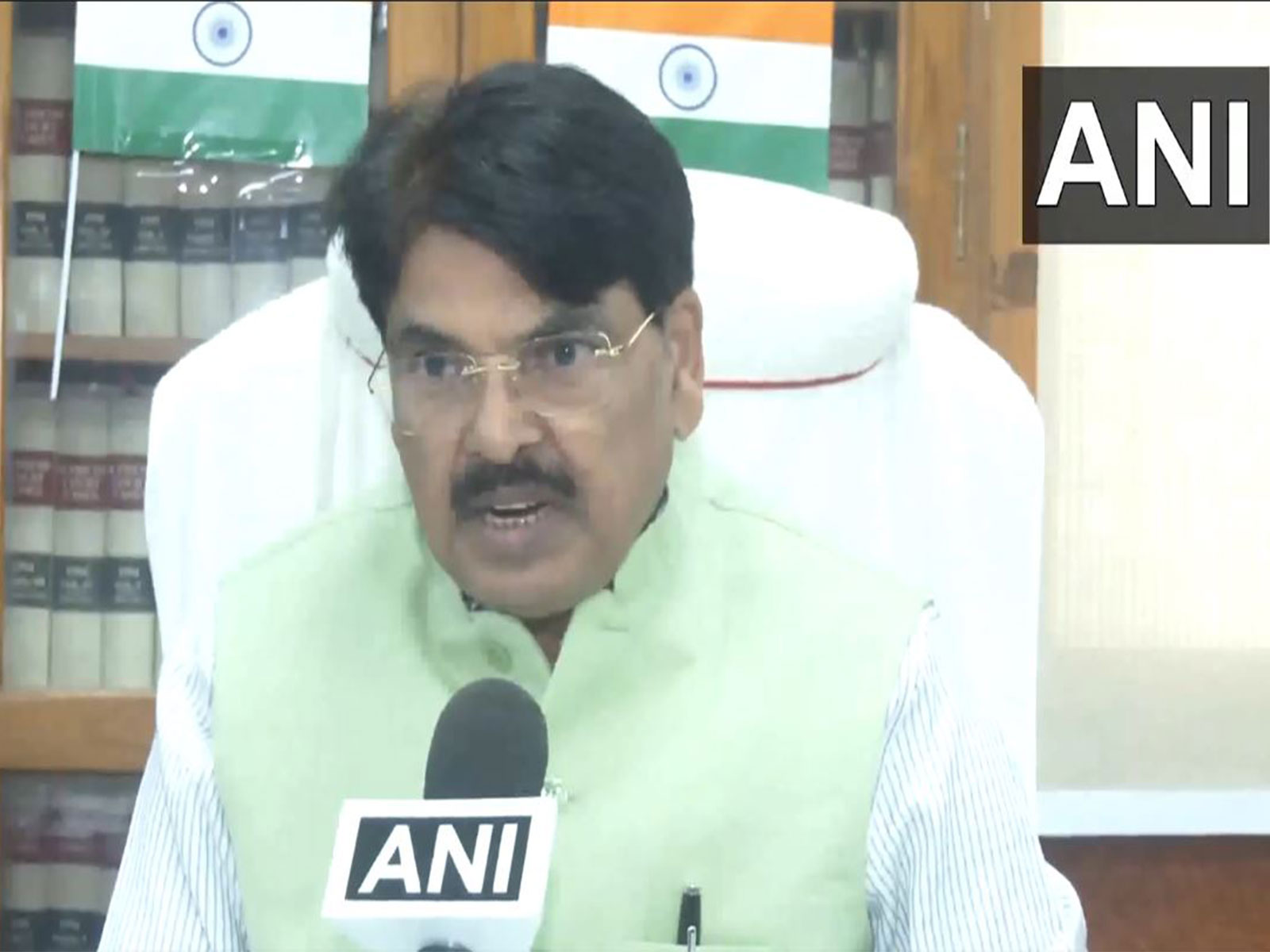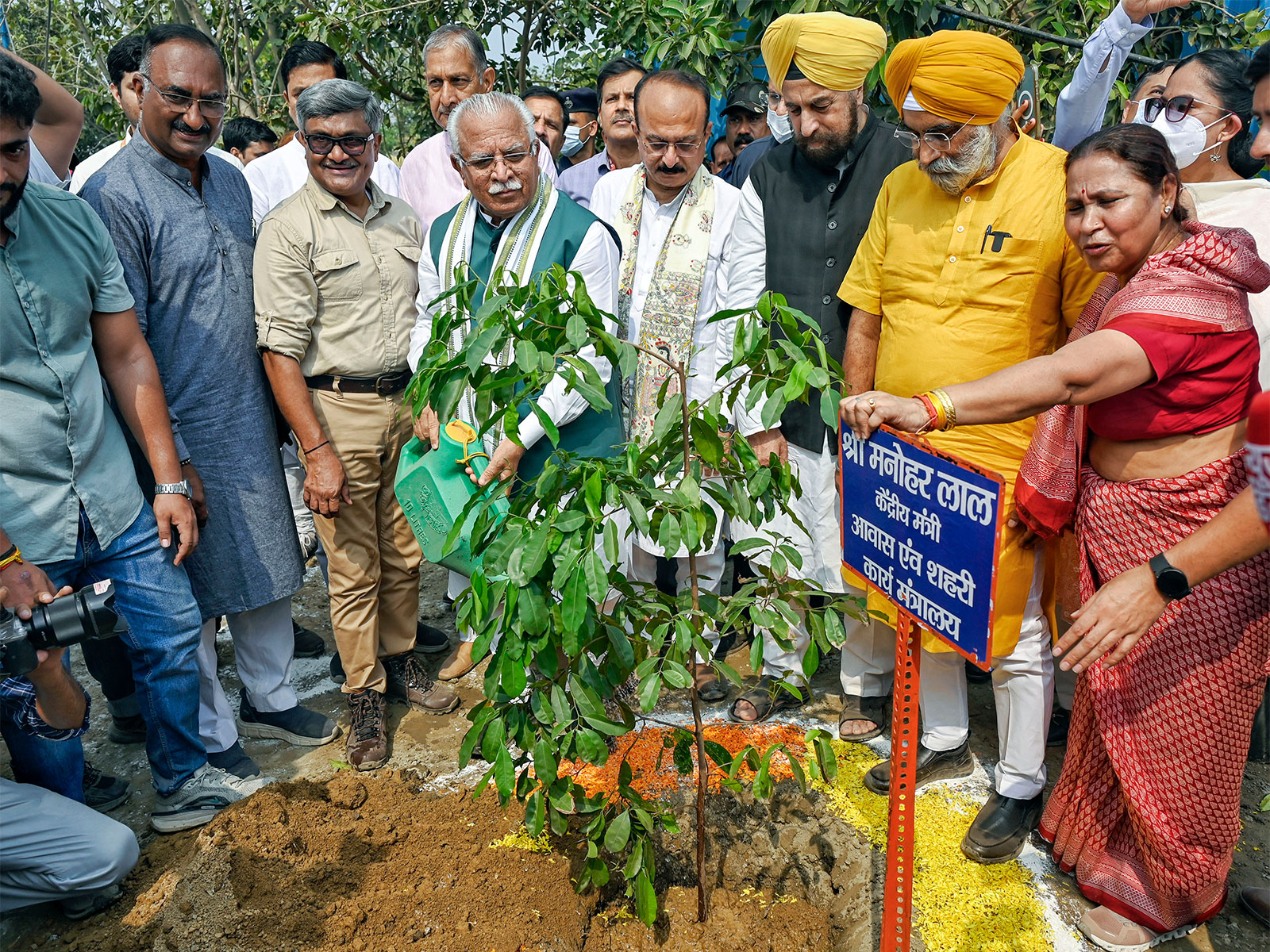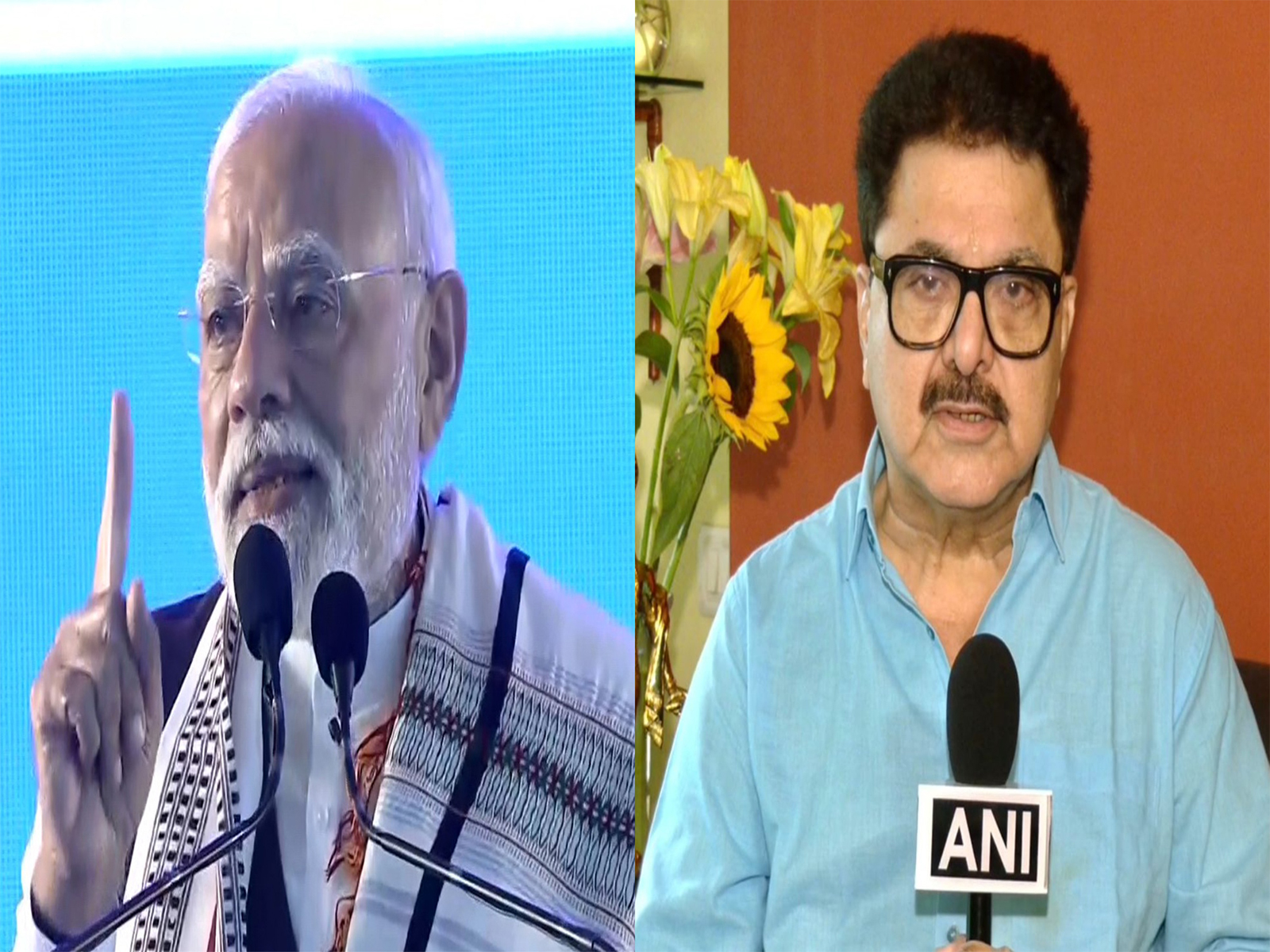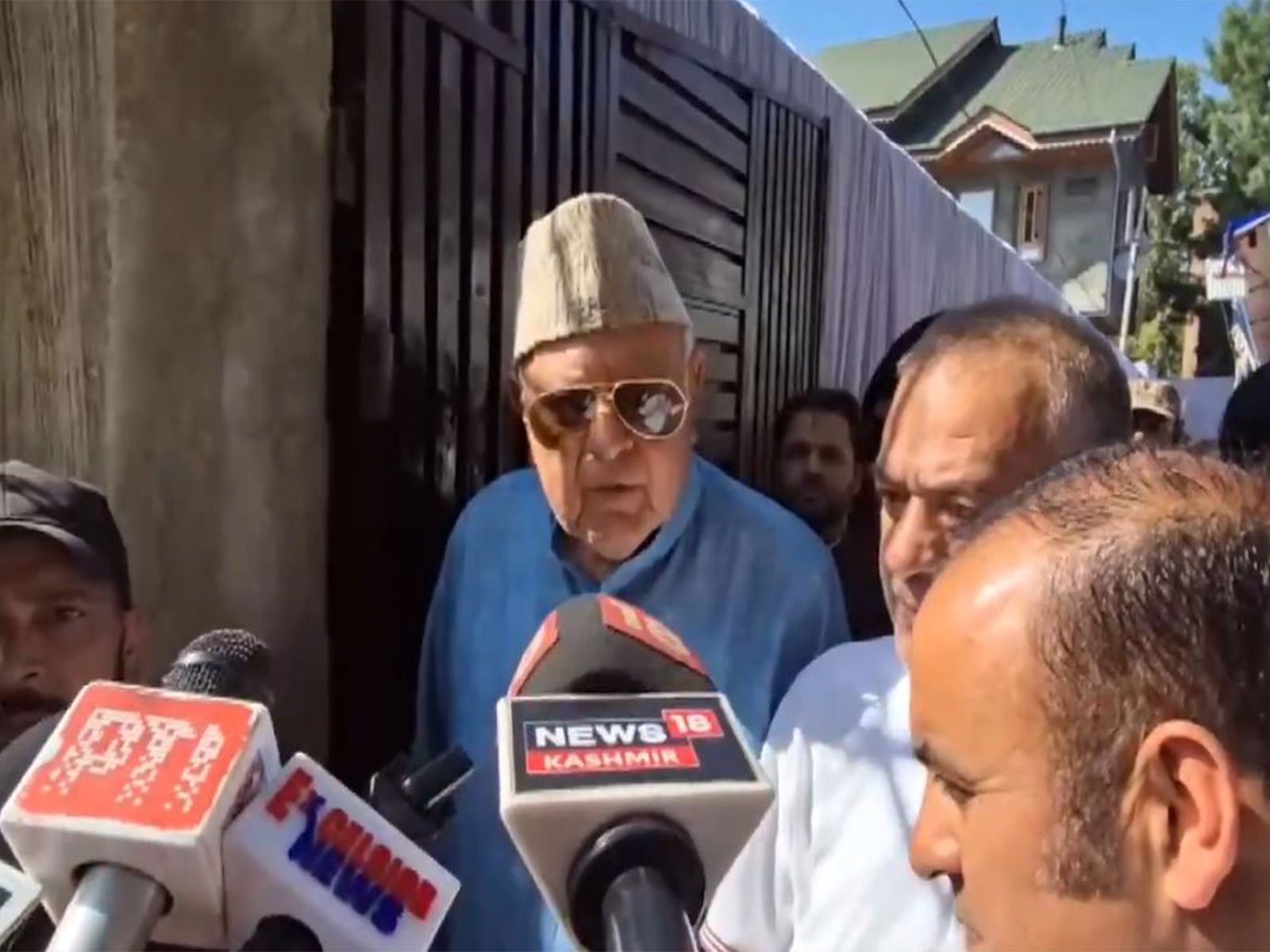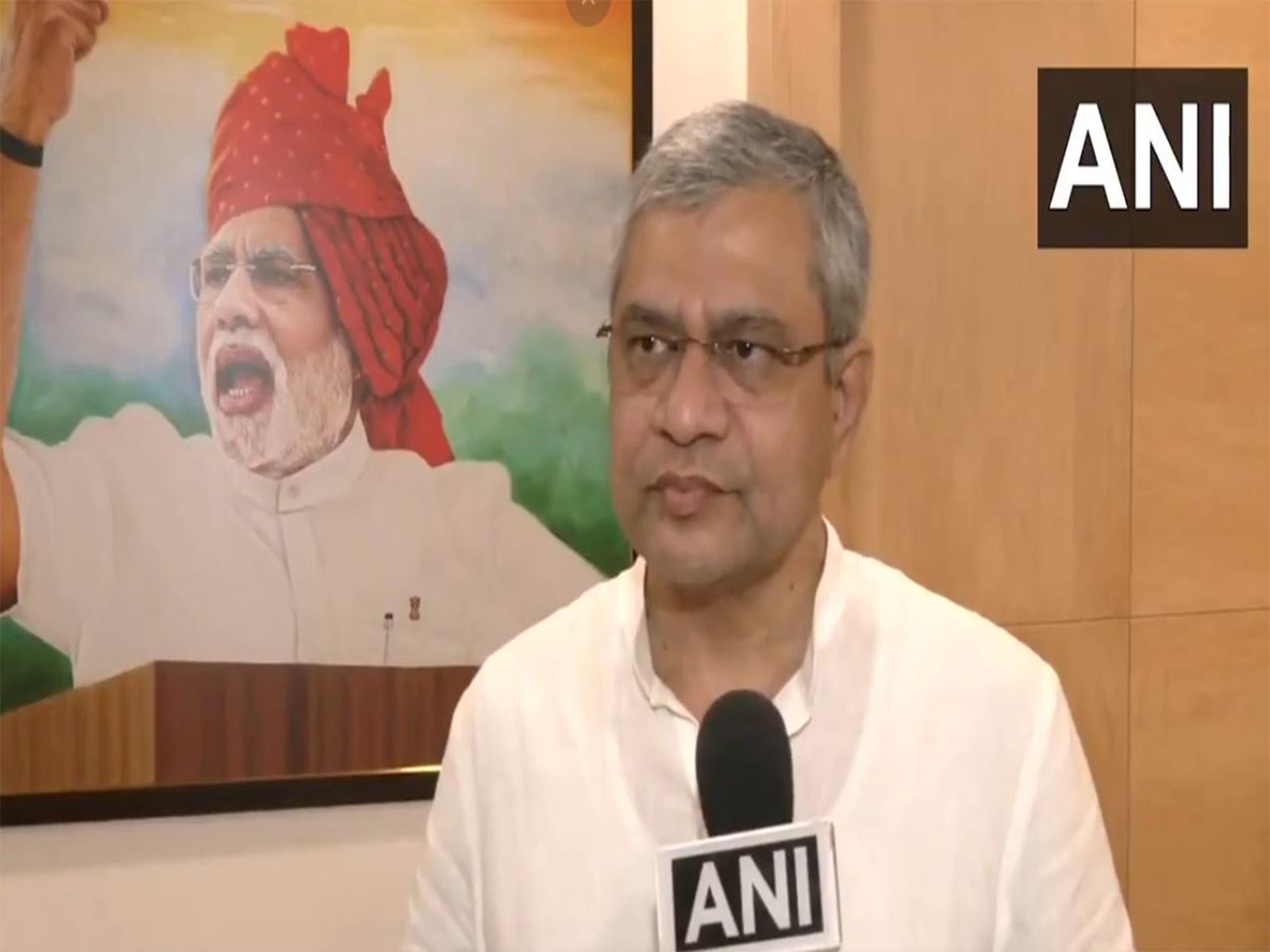
Visionary leadership sets Narendra Modi apart from all predecessors: Ashwini Vaishnaw on PM's birthday
Sep 17, 2025
New Delhi [India], September 17 : Wishing Prime Minister Narendra Modi on his 75th birthday, Union Minister and BJP leader Ashwini Vaishnaw said PM Modi's visionary leadership, particularly his focus on the goal to make India a developed nation by 2047, sets him apart from all his predecessors.
Talking to ANI, Union IT Minister Vaishnaw said PM Modi has transformed politics into a service, bringing significant positive changes to the lives of the people.
Unlike previous leaders, PM Modi has set a clear, ambitious national goal, rallying the entire country towards it, he added.
"Since 1947, there have been several prime ministers. No one had by far put forth a big ambitious plan, which pushes all Indians to rally behind that goal. It is Modi ji who has laid the foundation of a Viksit Bharat, that too with a timeline in mind - 2047. Modi's is a far-sighted leadership."
"...Prime Minister Modi has transformed politics into a means for service and brought about change in the lives of every person in the country. No other Prime Minister in history has set a goal so unifying the nation. The goal is to create a 'Viksit Bharat' by 2047, and every person in the country is working to achieve that goal...," he added.
Be it inclusive development, infra, technology, innovation, or national security, the Prime Minister has always kept the nation at the forefront, he added.
Further, sharing his experience of working with the prime minister, Vaishnaw said he (PM Modi) is a keen listener.
He added that PM Modi emphasises the importance of a positive mindset and long-term thinking in achieving these goals.
"I have never seen anyone who listens so patiently to everything...Prime Minister Modi always encourages us to think long-term. Prime Minister Modi said that the Semiconductor Mission should be launched with long-term goals in mind...Prime Minister Modi always aspires to bring change in the lives of the common man and make their lives easier...," Vaishnaw said.
Since assuming office, Prime Minister Modi has introduced several key reforms. Some of them include --
Goods and Services Tax (GST): Introduced in 2017, it replaced multiple indirect taxes, eliminated tax cascading, unified the market, and simplified compliance. Building on this, the GST system overhaul was recently implemented to reduce the tax burden on essential goods, rationalise rates, correct inverted duty structures, resolve classification issues, and improve the ease of living.
Labour law consolidation: Multiple old labour laws were merged into four codes (Wage Code, Social Security Code, Occupational Safety, Health & Working Conditions Code, Industrial Relations Code). Key changes include the extension of social security to unorganised and platform/gig workers, decriminalisation in certain labour laws, and the easing of licensing requirements, among others.
Demonetisation: Removal of high-denomination currency notes helped reduce black money, improve tax compliance, formalise the economy, and increase transparency.
COVID-19 reform package: A broad reform package (Rs 20 lakh crore) was announced during the COVID-19 pandemic to boost the economy, infrastructure, private sector participation, defence production reforms, and the opening up of sectors like coal, atomic energy, and space.
e-Shram programme: Large-scale registration of unorganised workers, linking them to social security schemes. Significant steps have been taken to reduce red tape, simplify compliance, and streamline regulations. This includes reforms through portals (such as Shram Suvidha), reducing inspections, and simplifying licensing, among other measures.
Ease of compliance: Over 40,000 unnecessary compliances have been abolished, over 1,500 outdated laws repealed, and many laws simplified. Additionally, the government is establishing a Task Force to review laws/rules/procedures to reduce compliance burdens.
New Education Policy, 2020: Aims to transform India into a vibrant knowledge society and a global knowledge superpower through broad-based, flexible, and multidisciplinary education suited to 21st-century needs.
